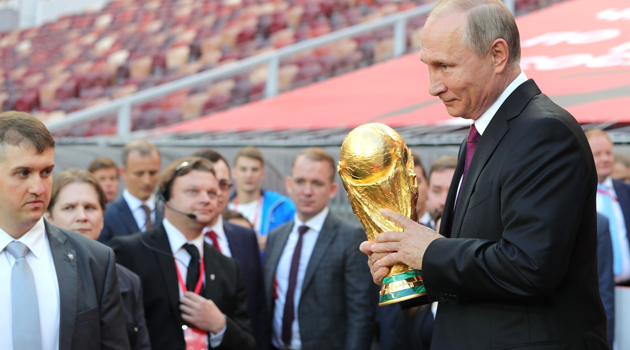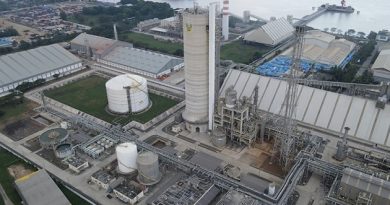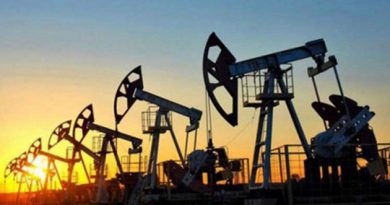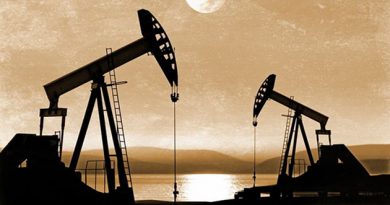World Cup ‘A New Chapter’ for Russia, Says Leading Economist
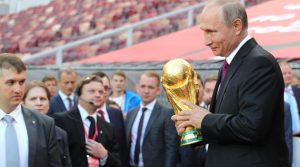
The World Cup is a melting pot of culture and tribes. The fans bring passion but also dollars and cents – well, in this case, rubles and kapeyka.
“Compared with the cost level in Guangzhou in China, I think it’s maybe slightly higher but it’s acceptable,” said one tourist who’d recently arrived in Russia for the World Cup.
Another from Morocco said: “The prices are a little bit high. But it’s always good to come and live the World Cup.”
Russia’s economy returned to growth of 1.5 per cent last year after a two-year downturn brought on by Western sanctions and a collapse in global oil prices.
The country spent about AU$19 billion on hosting the World Cup, most going towards transport infrastructure, stadium construction and accommodation. But there were also considerable cost blow-outs. The official budget for the tournament had to be amended 12 times.
Russian President Vladimir Putin has vowed the spending will pay off. Though in a recent report, Moody’s Investor Service said the economic benefits would be short-lived.
It said visiting fans will give a boost to nominal gross regional product of only around one to two per cent and Russia would only recoup just over $4 billion from the tournament over the next five years.
Mikhail Delyagin, an economic adviser in the administration of former Russian leader Boris Yeltsin, disagrees.
“If you look at small business expenses, what was invested in stadiums and infrastructure and how much beer will be drunk in the bars, then it won’t cover the costs,” he said. “But if you look at the long-term benefits of new roads, new infrastructure, new tax dividends for business, then yes it will.”
Professor Delyagin said the untaxed grey economy will also receive a boost, as would the nine other host cities outside Moscow and St Petersburg.
“Yes, Moscow hasn’t noticed any changes due to the World Cup. Our life here is the way it was before. But in Saransk, for example, it’s a completely new chapter in the city’s life that will carry on after the World Cup is over. While n Rostov-on-Don they’ve built a beautiful new airport,” he said.
He added that the economic benefit of the “soft power exercise” of the World Cup could not be quantified.
Retail, hotels and restaurants also receive an injection, albeit a short-term one.
The manager of one clothing outlet about 30 minutes’ drive from Central Moscow says World Cup tourism has boosted her bottom line, even though her business isn’t located in the thick of the tourist action.
“The World Cup events and broadcasting of the games attract more people to the outlet. The return is even better when the outcome after the game is positive,” she said.
While World Cup fan foot traffic in the centre of town is more than enough for this restaurateur: “The flow of customers is huge. Every day when there is a match there are so many people in our restaurant that we can’t even count them.”
The World Cup runs until July 15.
courtasy : sbs.com.au
photo : Daily Express
[social_warfare buttons=”Facebook,Pinterest,LinkedIn,Twitter,Total”]
